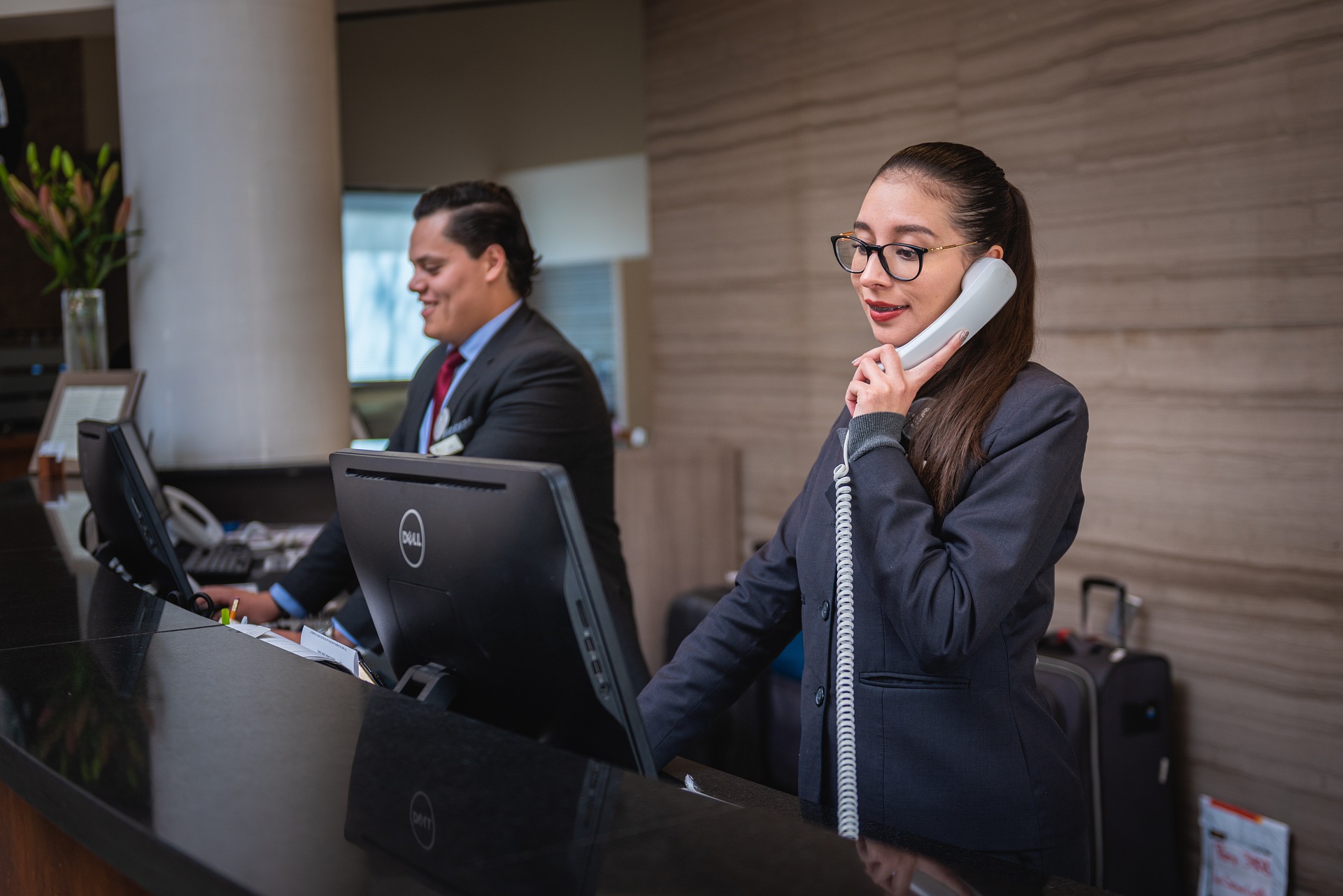Charting Your Hospitality Career in Japan's Hotel Industry
Explore the unique landscape of Japan's hotel sector and learn how to build a successful hospitality career. This guide covers core Japanese service principles like omotenashi, common hotel roles, language expectations, training paths, salary ranges, and practical tips for international job-seekers and experienced professionals.

Understanding Japan’s Approach to Service
Japan’s hotel industry is celebrated worldwide for a level of care and attention rarely matched elsewhere. At the heart of this approach is omotenashi — a philosophy of anticipating guests’ needs and delivering thoughtful, unobtrusive service. For anyone planning a career in Japanese hospitality, appreciating this mindset is as important as mastering practical skills; it influences everything from check-in procedures to housekeeping standards.
Roles and Daily Responsibilities
Hotels in Japan offer a broad spectrum of jobs that together create a seamless guest experience:
- Front Office: receptionists, guest relations personnel, and concierge teams who manage arrivals, departures, and guest inquiries.
- Housekeeping: room attendants and public-area staff focused on cleanliness, presentation, and inventory control.
- Food & Beverage: chefs, servers, bartenders, and banquet staff responsible for dining experiences and events.
- Maintenance: engineers and technicians who ensure building systems and guest amenities function reliably.
- Management: supervisors, department heads, and general managers who coordinate operations, standards, and guest satisfaction.
Each position requires a distinct skill set and offers paths to specialization—from culinary expertise to facilities engineering or guest services leadership.
Language and Cultural Expectations
Language ability and cultural fluency affect both safety and service quality. Basic Japanese is useful even for roles that are not customer-facing, to follow operational instructions and comply with workplace safety norms. Many hotels provide language support, on-site mentors, or formal training programs to help non-Japanese staff adapt.
Guest-facing positions, especially in luxury properties, frequently expect proficiency around JLPT N3–N2 levels or higher. Nevertheless, as Japan welcomes more international travelers, bilingual or multilingual employees are increasingly in demand—particularly in urban and tourist-heavy locations.
Training, Development, and Career Paths
Japan’s hotel industry tends to emphasize structured professional development. Employers commonly run training programs that accelerate skill acquisition and support upward mobility. Typical components include:
- Cross-departmental rotations to build operational insight
- Leadership and supervisory workshops
- Service quality and guest-handling seminars
- Cultural orientation and language lessons
With consistent performance and willingness to learn, it’s common for staff to move from entry-level positions into supervisory and managerial roles over several years. Demonstrated leadership, customer feedback, and mastery of service standards are key drivers for promotion.
Compensation Overview
Compensation varies by location, hotel category, and experience. The following table outlines general monthly salary ranges as a guideline:
| Position Level | Typical Monthly Salary (JPY) |
|---|---|
| Entry-level | ¥180,000 – ¥250,000 |
| Mid-level | ¥250,000 – ¥350,000 |
| Management | ¥350,000 – ¥600,000 |
Cost disclaimer: Salary figures are estimates and can vary by employer, location, and experience.
Many hotels supplement base pay with benefits such as housing allowances, commuting subsidies, staff meals, and performance-based bonuses, which can significantly affect total compensation.
Qualifications and Personal Attributes
Employers typically look for a combination of legal eligibility and personal qualities:
- Work authorization for non-Japanese nationals (proper visa or residency status)
- Relevant hospitality education or on-the-job experience
- Respect for and adaptation to Japanese cultural norms
- Clear communication skills in Japanese and/or other languages
- Flexibility for shift patterns and weekend work
- A service-oriented mindset and attention to detail
Soft skills—courtesy, punctuality, and teamwork—are often as important as formal qualifications in Japanese hotels.
Market Trends and Career Opportunities
The hotel sector in Japan continues to evolve in response to rising international tourism, business travel, and domestic leisure demand. This expansion creates opportunities across skill levels, from seasonal hires in resort areas to long-term leadership roles in major cities. There is also growing interest in candidates who can integrate traditional Japanese service with modern technologies and global guest expectations.
Sustainability initiatives, digital guest services, and demand for niche experiences (culinary, wellness, local culture) are creating new specialist roles that combine hospitality practice with project-based skills.
Making the Move: Practical Advice
For job-seekers considering the Japanese hotel industry, practical steps increase your chances of success:
- Learn basic Japanese and aim for progressive JLPT levels if you plan to work in guest-facing roles.
- Gain hospitality experience through internships, part-time positions, or volunteer roles to demonstrate practical skills.
- Research employers and regions—urban hotels often require different language skills and hours than resort properties.
- Prepare a resume that highlights service achievements, language ability, and cross-cultural experience.
- Network with hospitality professionals and attend industry events or recruitment fairs.
Why Build a Career in Japanese Hospitality?
Working in Japan’s hotel industry offers rich professional development and immersion in a service culture prized worldwide. Success stems from combining technical competence with an appreciation for the local ethos of care and precision. Whether you’re beginning a hospitality career or transitioning from another market, the Japanese hotel sector provides clear training pathways, diverse roles, and the chance to progress into leadership while learning a globally respected standard of service.






